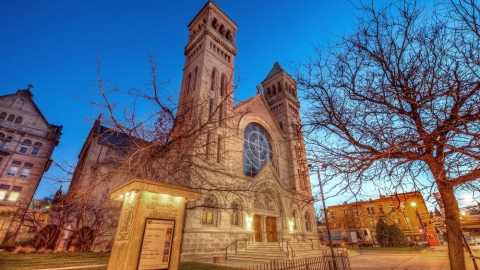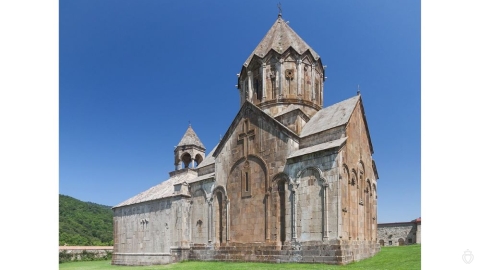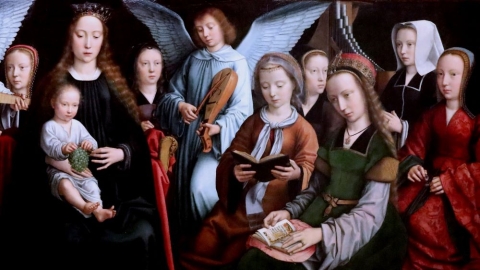The Grace of the Divine Maternity

Nativité du Maître de Moulins
“The humanity of Christ, from the fact that it is united to the Godhead; and created happiness from the fact that it is the fruition of God; and the Blessed Virgin from the fact that she is the mother of God; have all a certain infinite dignity from the infinite good, which is God. And on this account there cannot be anything better than these; just as there cannot be anything better than God.” (Summa Theologiæ, I, q.25,a.6,ad.4)
It this by these strong words that St. Thomas Aquinas gives us an appreciation of the grandeur of the grace of the divine maternity. In this article from the Summa Theologiæ, he asks the question: Can God do something better than what He does? And he answers: yes, because God’s power is infinite.
But he makes an exception for three elements of creation: the humanity of Jesus Christ, the beatific vision of the saints in heaven, and the Blessed Virgin Mary.
The magisterium of the popes give us the same teaching: “The dignity of the Mother of God is so lofty that naught created can rank above it,” Leo XIII, Quamquam pluries.
Or again: “the revered Mother of God, from all eternity joined in a hidden way with Jesus Christ in one and the same decree of predestination,” Pius XII, Munificentissimus Deus.
We have these words from same pope: “Hence it cannot be doubted that Mary most Holy is far above all other creatures in dignity, and after her Son possesses primacy over all,” Ad caeli reginam.
Reason discovers the foundations of this marvelous elevation
The divine maternity is directly ordained (adapted) to the Incarnation from which proceeds all graces, all charisms, all ministries.
By becoming man, God not only assumes human nature, He also assumes human maternity: He gives it supernatural and divine being by the grace that He infuses in Mary’s sentiments to raise them to Him and the one who becomes her Son.
The proper effect of this grace in Mary is to allow her to unite her entire being to the “fruit of her womb,” and that makes her the mother of and “partner” in her Son’s mission.
Thus the grace proper to the divine maternity is the relationship of Mary to the Person of the Word, a relationship that is inscribed in her being accompanied by knowledge and love. It acts in a way as Mary’s entrée into the order of divine Persons.
The Virgin Mary is indissolubly tied to the Incarnation
Of all created beings, Mary is thus the only one, after the humanity of Christ but with it, who
attains to the divine person as such. The same grace which elevated the humanity of Christ to the hypostatic union raises Mary to the divine maternity. Both proceed from the same gift.
Among all created reality, the human nature of Christ and the maternity of Mary alone are intrinsically and directly ordained to the hypostatic union and constitute their proper relationship to God.
As St. Anselm said: “Assuredly, it was fitting that the Virgin be beautified with a purity than which a greater cannot be conceived, except for God's. For to her, to whom God the Father wanted to give His only Son, the One whom He begot from His own heart as equal with Himself, to love Him as Himself, and to give His only Son in such a way that there would be one and the same Son in common to the Virgin and to God the Father; this Virgin that the Son Himself had chosen to make substantially His mother; this Virgin from whom the Holy Ghost wanted the One to be conceived from whom He Himself proceeded,” De conceptu virginali.
Related links
Illustration : © louis-garden / NativiteRolin / Wikimedia Commons





